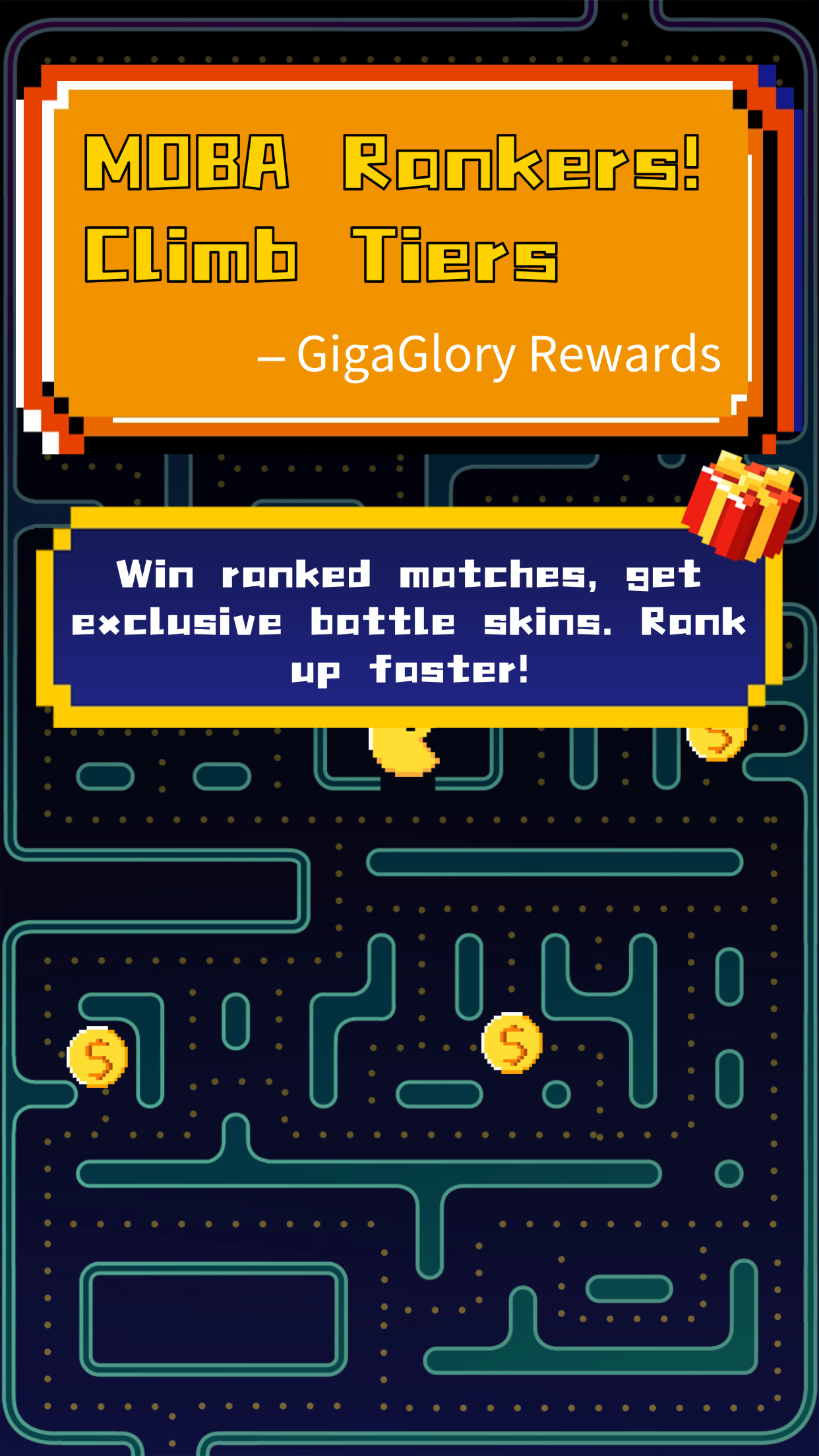Are Open World Games Revolutionizing Resource Management Experiences?
Open world games have taken the gaming scene by storm, with their expansive environments and limitless possibilities. But how do they affect resource management experiences? This article dives into the world of open-world games, examining their impact on resource management gameplay, particularly looking at unique examples like Kingdom Come: Deliverance.
The Evolution of Resource Management Games
Resource management games date back to the early days of gaming, with titles like SimCity leading the charge. These games focus on strategic allocation of resources to achieve specific goals. However, the introduction of open world environments has reshaped how players interact with these elements. In traditional setups, players often felt confined to preset paths and strategies. Open world games, on the other hand, offer a sandbox approach, allowing exploration and creativity in resource management.
Understanding Open World Games
Before delving deeper, let's clarify what constitutes an open world game. Open world games allow players to roam freely within a virtual world and undertake missions or quests at their own pace. Some key elements include:
- Non-linear gameplay dynamics
- Expansive maps and environments
- Real-time resource collection
- Interaction with various NPCs
Key Features of Open World Resource Management
Open world games introduce several unique features to resource management:
- Dynamic resource generation: Players often encounter resources naturally within the environment.
- Community engagement: Many titles encourage players to engage with NPCs, creating unique resource management scenarios.
- Immediacy of crisis: Unlike traditional games, where resources might be abundant or scripted, open world games force players to think on their feet.
Case Study: Kingdom Come: Deliverance
One fascinating example of an open-world game merging resource management elements is Kingdom Come: Deliverance. This medieval RPG places significant emphasis on realism. Players must manage food, combat resources, and even their character's health.
The game's mechanics offer players challenges that directly tie into resource management. For instance, failing to eat regularly can lead to decreased stamina, affecting combat effectiveness and exploration. This realistic approach challenges traditional methods of management by instilling a sense of urgency.
Challenges Facing Players
Despite the many innovative elements that open world games introduce, they do come with their own set of challenges:
- Resource scarcity: Unlike traditional titles, players may find themselves in dire situations where resources are thin.
- Overwhelming choices: The freedom to choose can sometimes paralyze decision-making.
- Potential for mismanagement: New players might misallocate or waste resources in the vastness of the game world.
Comparative Analysis with Traditional Games
| Aspect | Traditional Resource Management Games | Open World Games |
|---|---|---|
| Structure | Linear paths, fixed strategies | Non-linear, free exploration |
| Resource Generation | Scripted events | Dynamic, environmental |
| Player Agency | Limited choices | Broad decision-making |
| Engagement with NPCs | Minimal interaction | Integral part of gameplay |
When Was the Last Gears of War Game? A Cross-Genre Perspective
Interestingly, the Gears of War series, while not typically categorized as open world, has had its share of resource management aspects. The last installment, "Gears 5," released in 2019, showcases how even linear titles can incorporate elements of resource management. This raises questions about the evolving nature of gaming mechanics across genres.
Future Trends in Open World Resource Management Games
As gaming technology continues to advance, we can expect more dynamic resource management experiences. The possible incorporation of:
- Enhanced AI systems to manage NPC interactions
- Procedural generation for varied resource locations
- Multi-layered crafting systems tied to exploration
These elements should further blur the lines between open world gaming and traditional resource management strategies.
Conclusion: The New Frontier in Gaming
In conclusion, open world games are indeed revolutionizing resource management experiences in the gaming landscape. The blend of freedom, realism, and dynamic challenges sets a new standard for how resources can be managed. This evolution could drive future innovations across various gaming genres, enticing players to delve deeper and experiment more than ever before. As gamers in Armenia, we are on the frontier of this exciting transition, ready to explore uncharted territories in the game mechanics we have come to love.



